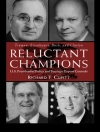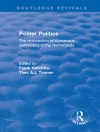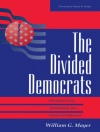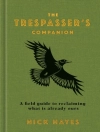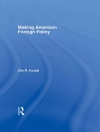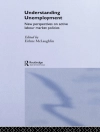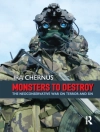The nineteenth century witnessed the growth of anarchist literature, which advocated a society based on voluntary cooperation without government authority. Although his classical writings on mutual aid and the philosophy of anarchism are still published today, Peter Kropotkin remains a neglected figure. A talented geographer and a revolutionary socialist, Kropotkin was one of the most important theoreticians of the anarchist movement.
In Kropotkin: The Politics of Community, Brian Morris reaffirms with an attitude of critical sympathy the contemporary relevance of Kropotkin as a political and moral philosopher and as a pioneering social ecologist. Well-researched and wide-ranging, this volume not only presents an important contribution to the history of anarchism, both as a political tradition and as a social movement, but also offers insightful reflections on contemporary debates in political theory and ecological thought. After a short biographical note, the book analyzes in four parts Kropotkin’s writings on anarchist communism, agrarian socialism, and integral education; modern science and evolutionary theory; the French Revolution and the modern state; and possessive individualism, terror, and war.
Standing as a comprehensive and engaging introduction to anarchism, social ecology, and the philosophy of evolutionary holism, Kropotkin is written in a straightforward manner that will appeal to those interested in social anarchism and in alternatives to neoliberal doctrines.
Sobre o autor
Brian Morris is professor emeritus of anthropology at Goldsmiths College, London. He received a doctorate in social anthropology at the London School of Economics and Political Science, having done his Ph D fieldwork among hunter-gatherers in Southern India. Prior to his academic career, he worked as a tea planter in Malawi, where he has done extensive fieldwork. He has written books and articles on topics including ecology, botany, philosophy, history, religion, anthropology, ethnobiology, and social anarchism. After discovering anarchist thought in the mid-1960s, he remained active in various protests and political movements. His previous books include Anthropology, Ecology, and Anarchism: A Brian Morris Reader and Bakunin: The Philosophy of Freedom.


